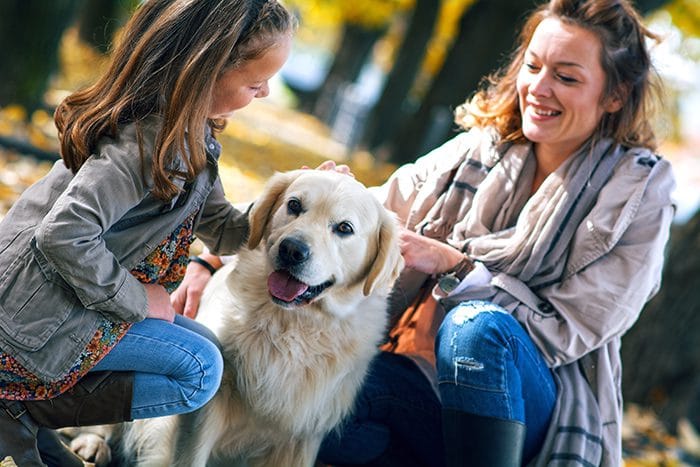What happens if I die without a will?

This question weighs heavily with many people, and the answer can vary greatly by state. If you die without a last will and testament, it’s called dying intestate. In Ohio, the county court appoints an administrator to carry out the probate process and you have no say about the beneficiaries who might receive your assets.
Also, the administrator has to post a bond, which is an expense to the estate, and how much depends on the estate’s size.
The statute of descent and distribution in the Ohio Revised Code (Section 2105.06) defines who gets your assets. If you have a properly executed will in place, you can choose your own executor and where your assets go. Without a will, the administrator must get the court’s approval on certain transactions, such as selling property – potentially complicating and dragging out the process.
If minor children are involved, you can select a guardian through your will. If no will exists, who gets guardianship is up to the court.
Some people may feel confident the statute would never apply to them – even with no will – because they’ve taken specific measures to avoid probate. They may have a trust in place or titled all of their assets to be joint with right of survivorship, payable on death or transfer on death to another. However, any asset solely in your name at death is a probate asset except life insurance and retirement benefits, unless you failed to name a beneficiary and the policy in those plans require the assets to go to the estate. If you’ve forgotten to title even one asset, your survivors may have to carry out the probate process with no will. Having a well-drafted will by a professional ensures you choose where your assets go.
Here’s how Ohio law determines asset distribution without a will.
If you die leaving…
- No surviving spouse but a child, children or their descendants – Child receives all, or children divide equally.
- A surviving spouse and children or their descendants, when all of decedent’s children are the natural or adopted children of decedent and survivor – Spouse receives all.
- A surviving spouse and one child or its descendants, when said child is not the natural or adopted child of survivor – Spouse receives $20,000 plus 1/2 of balance. Child or descendant receives the other 1/2.
- A surviving spouse and children or their descendants when at least one child is the natural or adopted child of survivor – Spouse receives $60,000 plus 1/3 of balance. Children receive 2/3 of balance, divided equally.
- A surviving spouse and children or their descendants when none of the children are the natural or adopted child of survivor – Spouse receives $20,000 plus 1/3 of balance. Children receive 2/3 of balance, divided equally.
- A surviving spouse but no children – Spouse receives all.
- No surviving spouse and no children or their descendants when parent or parents survive – Parents or parent receive all.
- No surviving spouse, no children and no parents when brothers and sisters survive – Brothers and sisters receive all, divided equally.
If the above scenarios still leave no beneficiary, then Ohio law continues on with additional familial heirs, which an estate planning attorney can further explain. If ultimately no heirs are found, then the assets go to the state of Ohio. If you have a will, you can leave your assets to relatives, or elsewhere, such as to a friend or charity.
Our experienced wealth management professionals at Park National Bank are ready to help if you would like to learn more about probate and probate avoidance.


